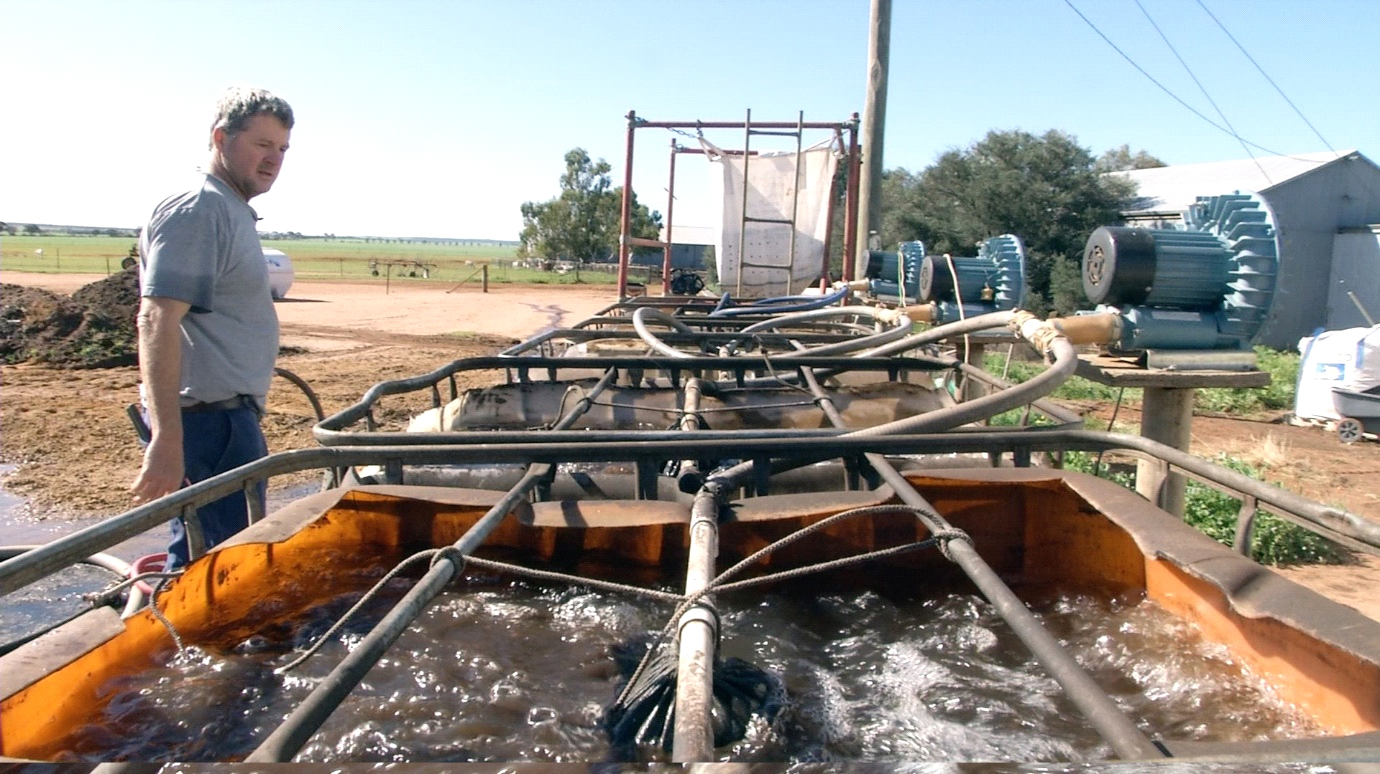Wheatbelt NRM is pleased to announce that one of our new projects this year is a Smart Farms small grant looking at how Wheatbelt farmers are using local sources of composted waste to tackle declining soil carbon on their farms.
Many farmers are using natural techniques to regenerate soil health and biodiversity. Regenerative agriculture aims to restore soil function through the use of natural practices and reducing chemical inputs.
We will be following the story of two such farmers who are making use of locally produced composted waste in an attempt to reduce their use of synthetic fertilisers.
Other farmers will be invited in to see what they are trying and what the results are. Soils testing and economic modelling will attempt to determine the impact of these practices on the health of their soils and ultimately their bottom line.
Look out for upcoming field walks in Gabbin and Newdegate where you can see for yourself how these farmers are looking after their greatest asset – their soil.
This project is supported by the Smart Farms Small Grants through the Australian Government’s National Landcare Program.
Read more about our two farmers
Rob Grylls

Photo: Rob Grylls brews his compost tea
Rob Grylls farms at Gabbin in the north east Wheatbelt.
Rob is a strong believer in trying new things for his farm. He has been involved in a variety of trials over the years, and is interested in investigating alternatives to synthetic fertilisers on his property. Aiming at increasing organic soil carbon in areas where wind eroded at different application rates.
By using compost, Rob hopes to improve the soil organic carbon content on his Gabbin property while at the same time providing nutrients to his crops. He is keen on the slow release effect of compost which he thinks will work well on his sandy soils over 2-3 years.
He has been making his own ‘Compost Tea’ using composted green waste.
Rob Hetherington

Photo: Rob Hetherington
Rob farms at Lake King has been practising biological farming for over 20 years. He has been working to bring the mineral balances in the soil to how he believes it should be.
Rob believes in working with the soil and supports multi-species cover crops, using plants with big root systems.
He has been working with compost for some time and thinks we rely too much on synthetic fertilisers and is keen on humified compost.
His focus is on building calcium in the soil along with carbon.
Both farmers have been sourcing their compost from further afield but are keen to investigate local sources and investigate the impact on their bottom line.


